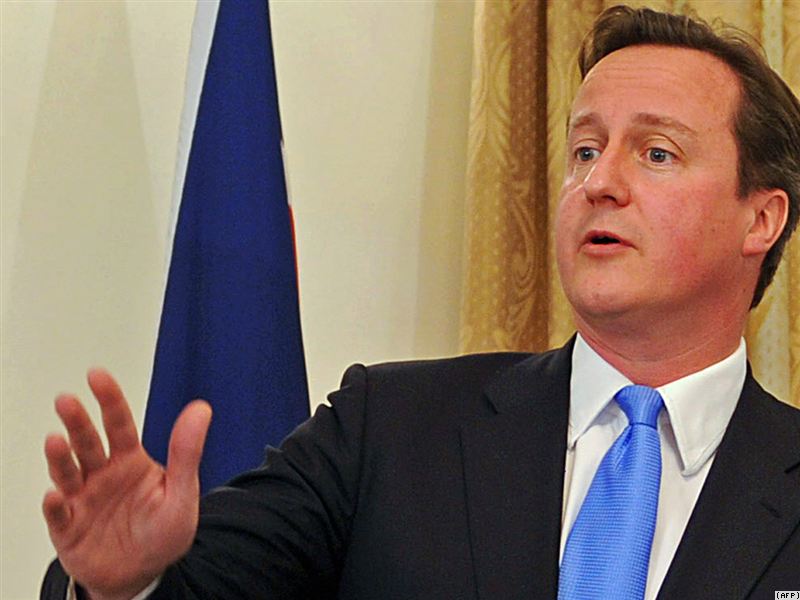 London: The British organisation, Free Tibet yesterday delivered a scathing statement on the UK-China Human Rights Dialogue, calling it, "a cosmetic, box-ticking exercise aimed at deflecting criticism" rather than dealing with the human rights violations occuring in Tibet.
London: The British organisation, Free Tibet yesterday delivered a scathing statement on the UK-China Human Rights Dialogue, calling it, "a cosmetic, box-ticking exercise aimed at deflecting criticism" rather than dealing with the human rights violations occuring in Tibet.
The statement follows a visit this week by China's super trade mission to the UK, led by Li Keqiang, a prominent member of the Chinese government, in which human rights has received little political attention. Free Tibet has been highly critical of this prioritisation, saying that the UK-China Human Rights Dialogue has been used as an excuse to sideline human rights talks both during British Prime Minister, David Cameron's visit to China and the recent Chinese visit.
The Director of Free Tibet, Stephanie Brigden branded the British coalition government as a failure for not standing firm on human right's violations in China despite their manifesto commitment to, "seek a closer engagement with China, while standing firm on human rights". In a recent press release she also adds that the British government's focus on strengthening economic relations rather than China's human rights abuses, "betrays both the British public and people who are repressed by the Chinese regime". The betrayal of the British people, according to Ms Brigden, is based upon an opinion poll by ICM research last November, which concluded that 74 per cent of Britons thought that human rights in China were "as important as" or "more important than" the question of boosting trade between the UK and China.
The UK-China Human Rights Dialogue, which will conclude it's 19th session today, in London, has also been highly criticised by Tibetan campaigners, due to its apparent lack of results.
British officials say the dialogue allows the government to "raise the UK's most serious areas of concern about the treatment of Chinese dissidents, while also presenting opportunities for more detailed, technical-level exchanges". A Foreign and Commonwealth Office official added: "Its main advantage is that it enables us to engage directly with policymakers in a constructive way." However, the Foreign Affairs Select Committee in its most recent annual report stated, "there is little evidence that the British Government's policy of constructive dialogue with China has led to any significant improvements in the human rights situation."
The results of the dialogue, according to Ms Brigden, are unimportant to the British government, as she says the existence of the dialogue "allows both governments to say they address human rights concerns." This has led to the director of Free Tibet to call for the immediate suspension of the dialogue "until China demonstrates that it takes the process seriously," adding that such a move "would send a strong message to the Chinese regime that Britain means business when it comes to human rights".


![Tibet has a rich history as a sovereign nation until the 1950s when it was invaded by China. [Photo: File]](/images/stories/Pics-2024/March/Tibet-Nation-1940s.jpg#joomlaImage://local-images/stories/Pics-2024/March/Tibet-Nation-1940s.jpg?width=1489&height=878)















